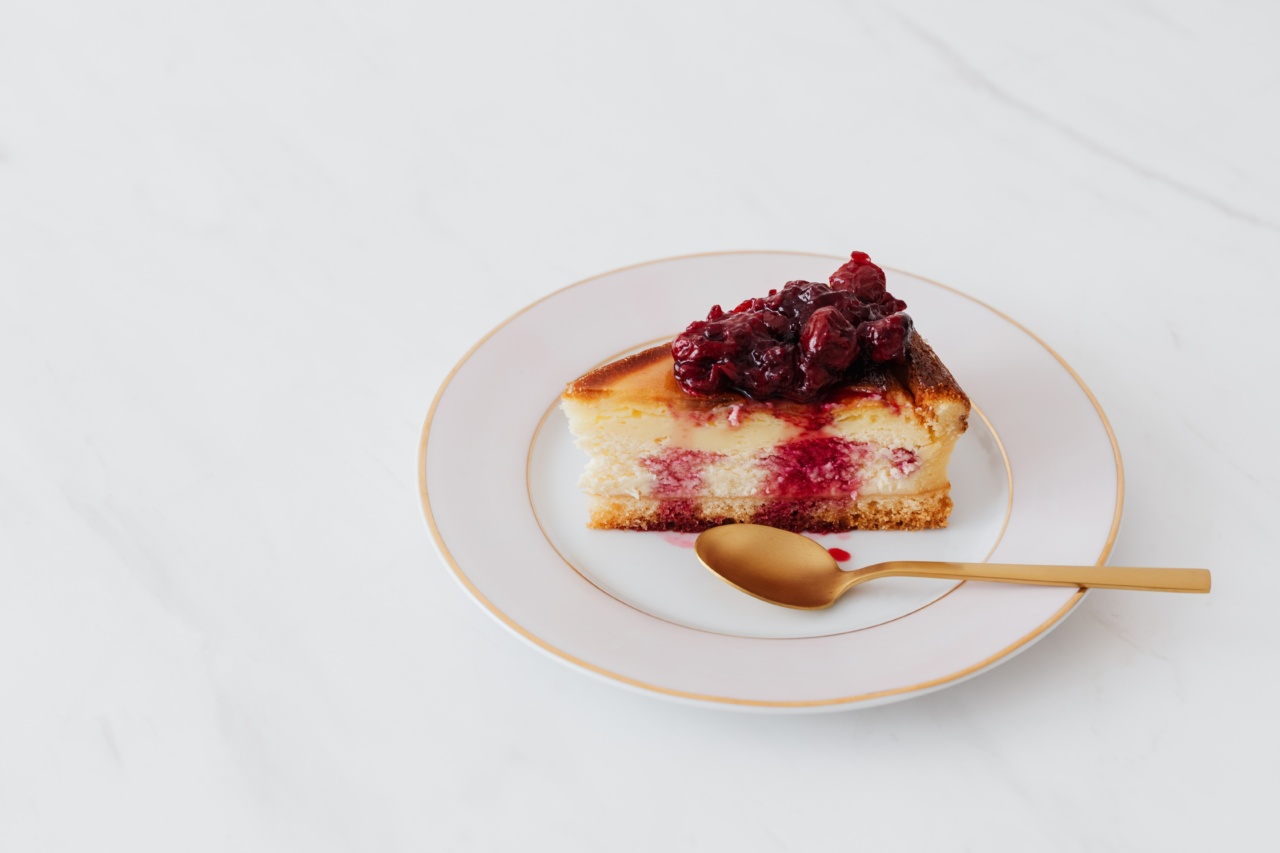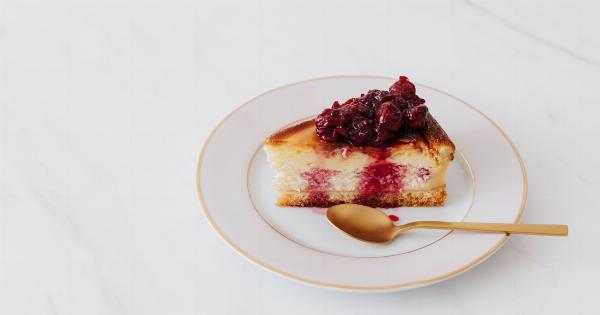In today’s fast-paced and convenience-oriented world, it’s no surprise that our diets have become inundated with high amounts of sugar.
While sugar can give us an immediate burst of energy, excessive consumption can lead to a myriad of health issues, including obesity, diabetes, heart disease, and even certain types of cancer. To help you maintain a healthy diet and keep your sugar intake in check, here are 16 foods that you should definitely avoid:.
1. Soda and Sugary Drinks
One of the biggest culprits when it comes to hidden sugars is soda and other sugary drinks. A single can of soda can contain up to 40 grams of sugar, which is way over the recommended daily intake.
Studies have shown a strong correlation between regular consumption of sugary drinks and increased risk of obesity and type 2 diabetes.
2. Candy and Chocolate Bars
Candy and chocolate bars may be delicious treats, but they are also packed with sugar. Whether it’s a bag of gummy bears or a chocolate bar, these sugary snacks can quickly add up in terms of calories and sugar content.
Opt for healthier options such as fruit or dark chocolate with a higher cocoa percentage.
3. Cakes, Cookies, and Pastries
Indulging in cakes, cookies, and pastries may be tempting, but these goodies are often loaded with added sugars. They are not only high in calories but also lack essential nutrients.
Try satisfying your sweet tooth with homemade treats using natural sweeteners or opt for healthier alternatives like fruit-based desserts.
4. Breakfast Cereals
Many breakfast cereals marketed as “healthy” are actually packed with sugar. Some popular options contain more sugar than a candy bar.
Always check the labels and opt for cereals with minimal added sugars or choose oatmeal, which can be sweetened with healthier toppings like fresh berries or a drizzle of honey.
5. Flavored Yogurt
Yogurt is often perceived as a healthy choice, but many flavored varieties can contain a significant amount of added sugars. Instead, opt for plain Greek yogurt and add your own fresh fruits or a sprinkle of cinnamon for natural sweetness.
This way, you have control over the sugar content.
6. Fruit Juice
While fruits are a great source of essential vitamins and fiber, fruit juices can be deceivingly high in sugar. Most commercial fruit juices have added sugars and lack the fiber present in whole fruits.
Choose whole fruits or make your own freshly squeezed juice with minimal processing and no added sugars.
7. Energy and Granola Bars
Energy and granola bars are often marketed as healthy snacks, but many of them are nothing but sugar bombs. Always read the labels and choose bars that are low in added sugars and high in protein and fiber for sustained energy levels.
8. Sweetened Coffee Drinks
While a cup of coffee itself doesn’t contain any sugar, the flavored syrups, creams, and whipped toppings in popular coffee drinks can turn them into sugary indulgences. Opt for black coffee or unsweetened alternatives like herbal tea.
If you still crave sweetness, try adding a small amount of natural sweeteners like stevia or honey.
9. Processed Fruit Snacks
Processed fruit snacks, such as fruit leathers and roll-ups, may seem like a healthy snack alternative, but many of them are loaded with added sugars.
Instead, choose fresh or dried fruits without added sugars, and if you’re craving a more chewy texture, try making your own fruit leather at home.
10. Sweet Sauces and Condiments
Many sauces and condiments, such as ketchup, barbecue sauce, and salad dressings, have hidden sugars lurking in their ingredients. Always check the labels for added sugars and opt for homemade versions or ones that are low in sugar.
Alternatively, you can experiment with healthier alternatives like using balsamic vinegar or homemade salsa.
11. Flavored Milk and Milkshakes
Milkshakes and flavored milk can be extremely high in added sugars, especially when they come pre-packaged. Instead, choose plain or unsweetened milk and add flavorings yourself, such as a teaspoon of cocoa powder or a drop of vanilla extract.
12. Sweetened Breakfast Spreads
Most commercial breakfast spreads, like jams and chocolate spreads, contain a significant amount of added sugars. Choose spreads that are naturally sweetened with fruit, or better yet, opt for healthier alternatives like avocado or nut butter.
13. Frozen Desserts
Ice cream, sorbet, and frozen yogurt are all tempting treats, but they are loaded with sugar.
Look for brands that offer no-sugar-added or low-sugar options, or indulge in naturally sweetened frozen fruit, such as frozen grapes or banana “nice cream.”.
14. Packaged Baked Goods
Pre-packaged baked goods like muffins, donuts, and cookies are not only high in sugar but also often contain unhealthy trans fats. Make your own baked goods at home using healthier ingredients and natural sweeteners like dates or mashed bananas.
15. Sports Drinks
Sports drinks are designed to replenish electrolytes during intense physical activity, but they also contain a significant amount of added sugars.
If you’re engaging in moderate exercise, opt for plain water instead, or consider making your own electrolyte drink using natural ingredients.
16. Fast Food and Sweet Treats
Fast food chains are notorious for their high-sugar offerings, such as milkshakes, sundaes, and other sweet treats. These indulgences not only contain excessive amounts of sugar but also unhealthy trans fats and additives.
Limit your consumption of these items and opt for healthier meal choices instead.
By being aware of the high-sugar foods to avoid, you can take control of your diet and make healthier choices. Remember to read labels, opt for homemade alternatives, and choose natural sweeteners over refined sugars whenever possible.
With a little bit of effort, you can reduce your sugar intake and maintain a balanced and nutritious diet.































